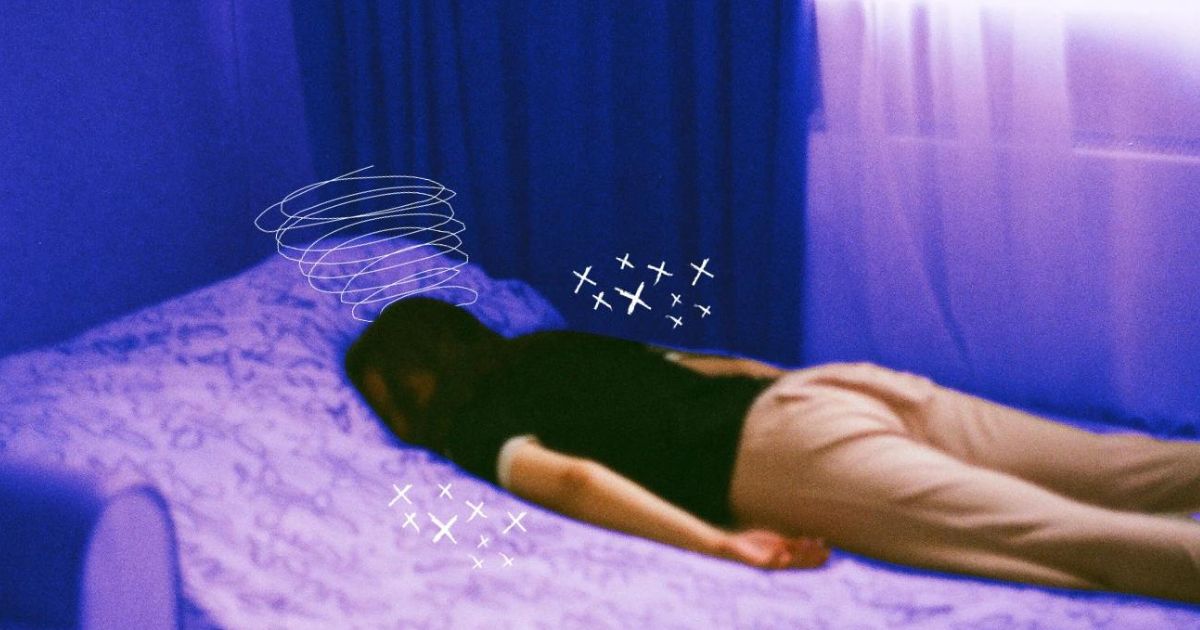The intricate connection between stress and physical well-being extends into the realm of the silent language of sleep, where our bodies may be conveying vital messages through various sleep habits. Liz Tenuto, renowned as the Workout Witch, recently shared on TikTok the ten signs indicating that an individual’s body might be ensnared in a stress response, commonly known as the ‘fight-or-flight’ mode.
This report delves into these signs, offering insights into how sleep habits reflect underlying stress and potential implications for overall health.
The 10 Signs of a Stress Response:
Waking up covered in sweat: Night sweats, often associated with anxiety disorders, can be a telling sign of an underlying stress response.
Grinding your teeth: Teeth grinding during sleep may signify a stress response, with severe cases leading to temporomandibular joint disorder (TMJD).
Frequent nightmares: Stress, anxiety, and trauma are listed as primary causes of frequent nightmares, indicating an ongoing stress pattern.
Sleeping with T-rex arms: A sleep position resembling t-rex arms, attributed to an overloaded or dysregulated nervous system, may cause pain and is indicative of a stress response.
Talking in your sleep: Sleep talking, triggered by anxiety and stress, reveals the subconscious impact of stress on sleep patterns.
Regular sleepwalking: Linked to stress, anxiety, childhood trauma, and PTSD, sleepwalking can be a manifestation of heightened stress levels.
Waking up multiple times throughout the night: Fitful sleep patterns, associated with stress and anxiety, disrupt the body’s ability to stay asleep.
Having a hard time falling asleep: Difficulty in falling asleep is correlated with elevated stress levels, impairing the body’s natural sleep process.
Feeling exhausted when you wake up: Anxiety-induced hormone release can lead to exhaustion, even after what seems like a good night’s sleep.
Waking up with unexplained pain and tension: Stress-induced muscle tension, coupled with sleep positions like t-rex arms, can result in waking up with pain and tension.
Silent Language of Sleep And Impact
Chronic stress, as indicated by these sleep patterns, can have detrimental effects on overall health. The continuous activation of the ‘fight-or-flight’ response disrupts sleep, prolongs the time it takes to fall asleep, and fragments sleep, leading to elevated stress hormones like cortisol.
Recognizing these signs is crucial as being in a perpetual stress response is unhealthy for the body. It serves as a silent plea for attention and, potentially, intervention. While stress is a natural part of life, chronic stress requires addressing the underlying issues to restore balance and well-being.
Our sleep habits, often dismissed as routine, serve as a silent language through which our bodies communicate stress responses. Understanding these signs allows for early intervention and a proactive approach to managing stress. As the connection between stress and sleep becomes clearer, prioritizing mental and physical well-being becomes an essential part of overall health.









Leave a Reply